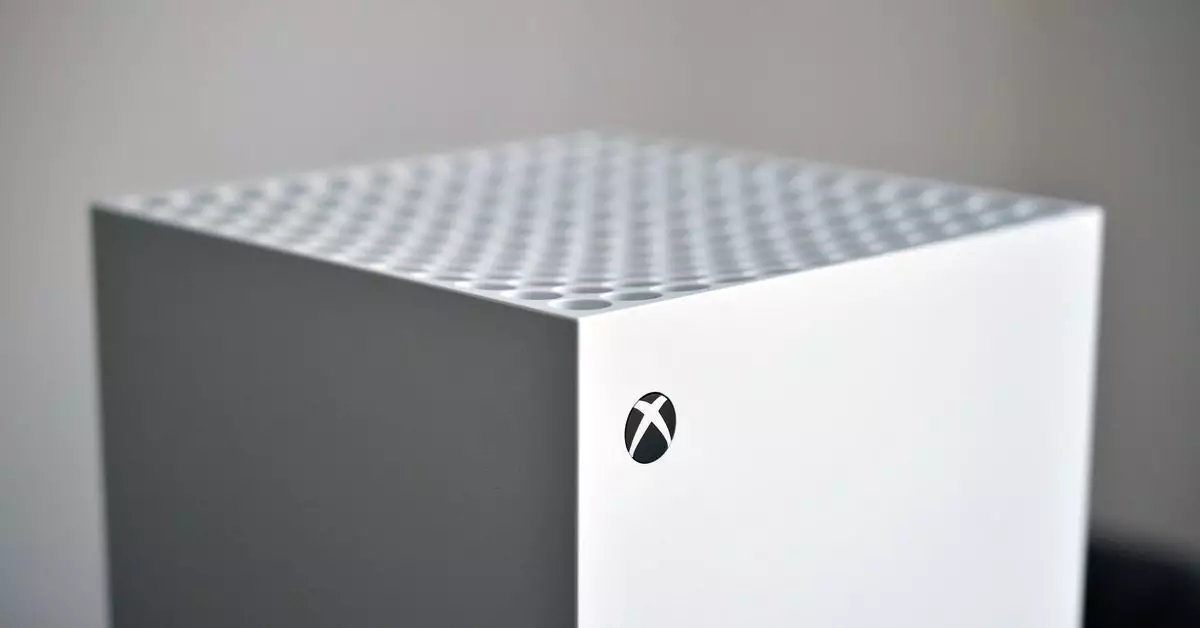In an age where consumer electronics often end up as landfill waste, the recent partnership between iFixit and Microsoft marks a pivotal moment in the gaming industry. iFixit, known for its mission to promote repairability and sustainability, now makes genuine Xbox parts available for the Xbox Series X and S. This initiative not only encourages gamers to fix their consoles but also highlights broader trends in sustainability within technology and gaming.
The collaboration allows Xbox owners to access legitimate replacement parts and comprehensive repair guides from iFixit’s Microsoft Repair Hub. Elizabeth Chamberlain, iFixit’s director of sustainability, expressed enthusiasm for the project, stating that it aims to minimize waste by prolonging the lifespan of these gaming consoles. The availability of official, high-quality parts contrasts sharply with the growing trend of disposable electronics, making it easier for users to engage in DIY repairs.
Moreover, this partnership is not limited to the Xbox family alone. iFixit has expanded its offerings to include repair parts for Microsoft Surface devices since 2023, catering to a wider audience of tech-savvy consumers who prefer fixing their devices rather than discarding them. This initiative reflects a commitment to sustainability and empowers gamers and tech users alike.
The idea of repairable electronics is gaining traction, fueled by environmental concerns and a growing DIY movement. More companies, including Valve, have acknowledged the benefits of repair-friendly products. iFixit’s collaboration with Valve on the Steam Deck further illustrates this shift, providing users with the tools they need to maintain their devices.
As gaming becomes an increasingly massive industry, sustainable practices are essential. The longevity of gaming consoles and devices can substantially reduce environmental impacts and encourage responsible consumption. In this context, partnerships like that of iFixit and Microsoft are not just beneficial for consumers; they represent a significant step towards more sustainable gaming ecosystems.
While Microsoft leads this charge, other tech giants have begun revising their business models to prioritize repairability. For example, Google’s partnership with iFixit for Pixel devices underscores a shift in consumer electronics towards longer-lasting products. However, not every collaboration remains intact; Samsung’s prior partnership with iFixit ended earlier this year, showcasing the challenges in a competitive market.
As companies face increasing pressure from both consumers and environmentalists to embrace sustainability, the demand for repairable devices is likely to grow. In this landscape, iFixit’s role as a facilitator of repairs becomes crucial as they expand their partnerships with tech companies.
As iFixit and Microsoft redefine the landscape of gaming repairs, the implications for sustainability and consumer empowerment are profound. This collaboration not only aids individual gamers but sets a precedent for future partnerships and practices within the gaming and technology industries. By fostering a culture of repairability, these companies are not merely addressing a market need—they are actively contributing to a more sustainable future. As consumers, engaging in these initiatives can help reduce electronic waste and promote a more responsible approach to technology ownership.

